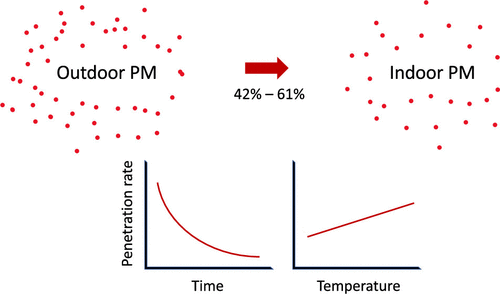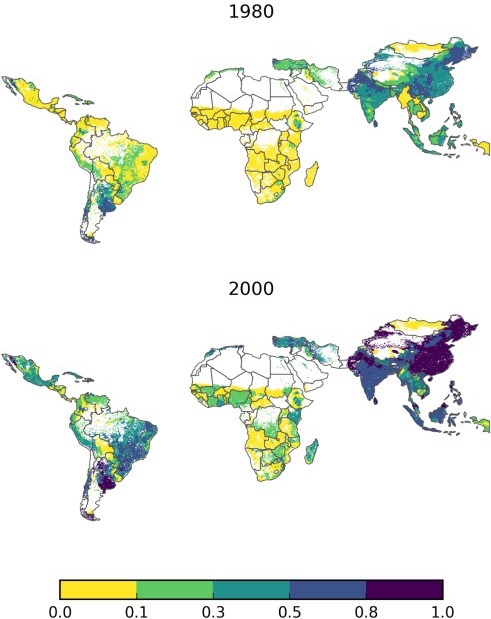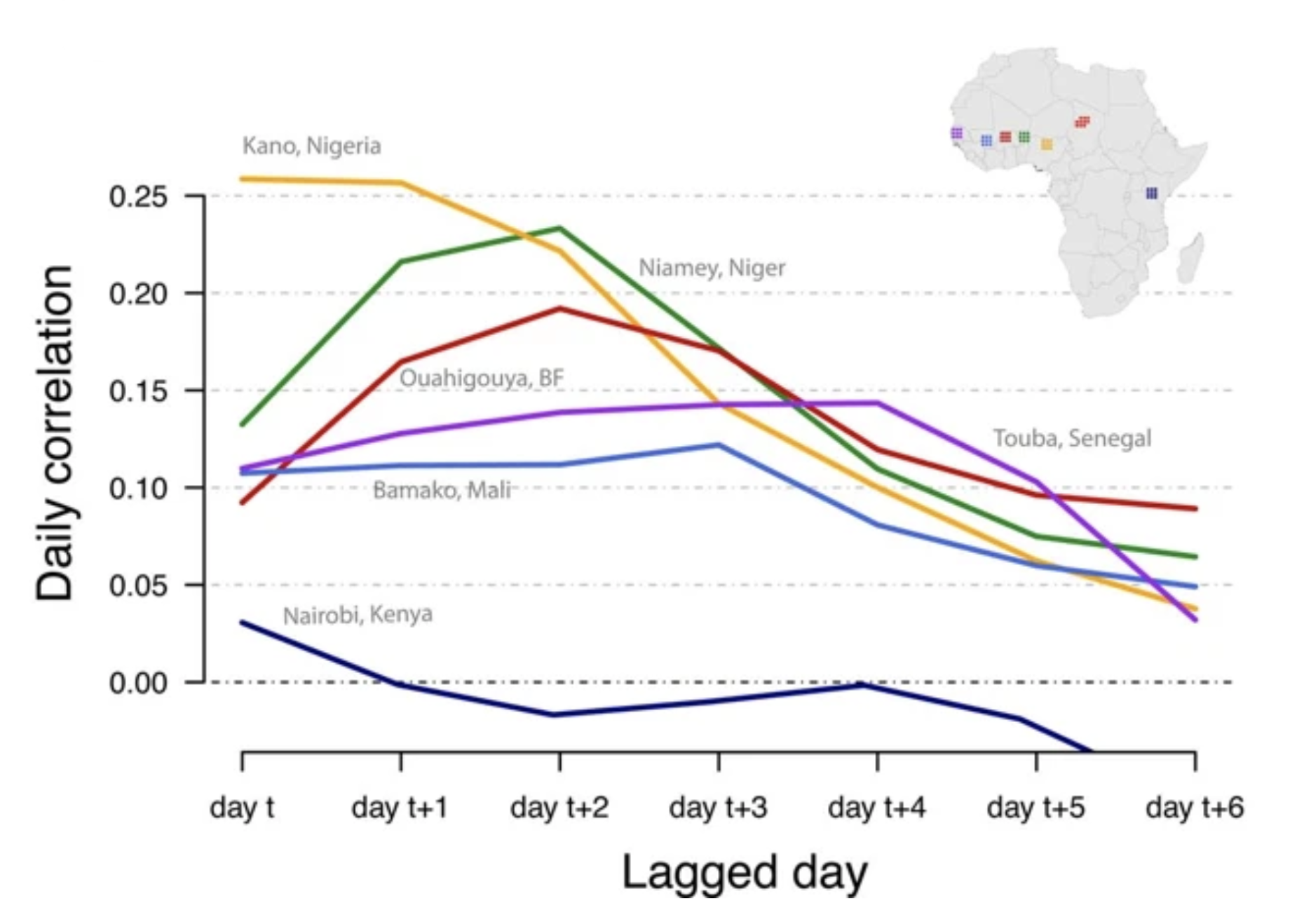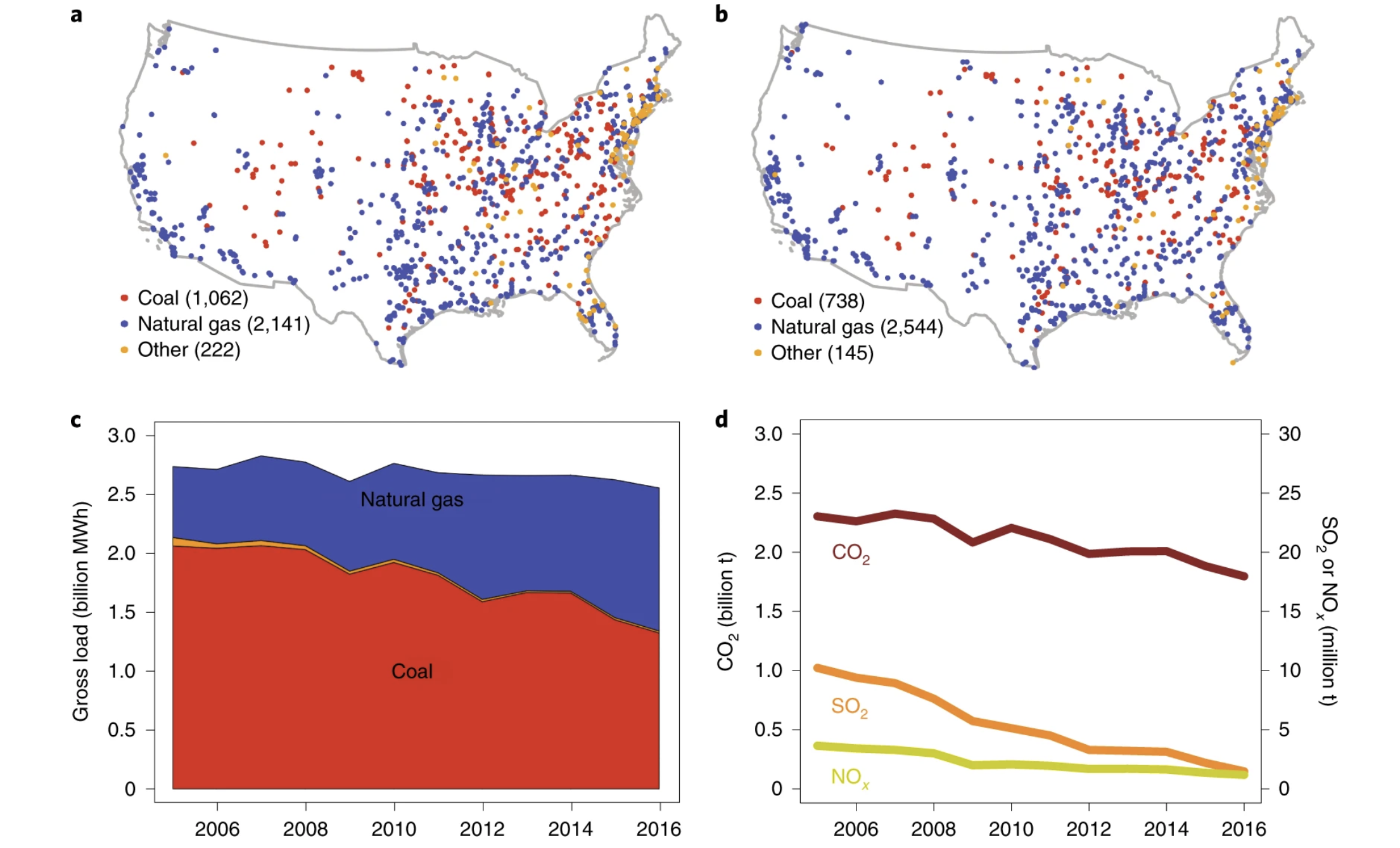Major progress has been made in improving the health of millions of people, increasing life expectancy, reducing maternal and child mortality and fighting against leading communicable diseases. However, progress has stalled or is not happening fast enough with regard to addressing major diseases, such as malaria and tuberculosis, while at least half the global population does not have access to essential health services and many of those who do suffer undue financial hardship, potentially pushing them into extreme poverty. Concerted efforts are required to achieve universal health coverage and sustainable financing for health, to address the growing burden of non-communicable diseases, including mental health, and to tackle antimicrobial resistance and determinants of health such as air pollution and inadequate water and sanitation.
Environmental disasters have increased in frequency and intensity as a result of climate change.Can timely intervention help protect against the health impacts of these disasters? We study this question by…
Using hourly measures across a full year of crowd-sourced data from over 1000 indoor and outdoor pollution monitors in California, we explore the temporal and spatial relationship between outdoor and…
Community information sharing is crucial to a government’s ability to respond to a disaster or a health emergency, such as a pandemic. In conflict zones, however, citizens and local leaders…
What is the contribution of the ‘Green Revolution’ to improvements in child health during the century? We provide global scale estimates of this relationship by constructing a novel, spatially-precise indicator…
Shelter-in-place ordinances were the first wide-spread policy measures aimed to mitigate the spread of COVID-19. Compliance with shelter-in-place directives is individually costly and requires behavioral changes across diverse sub-populations. Leveraging…
Technological transformations open new opportunities and disrupt old patterns. Founded in 2006, Center on Global Transformation (CGT) provides a new framework for vanguard exploration of topics critical to analyzing and…
Estimation of pollution impacts on health is critical for guiding policy to improve health outcomes. Estimation is challenging, however, because economic activity can worsen pollution but also independently improve health…
Between 2005 and 2016 in the continental United States, decommissioning of coal-fired units was associated with an estimated 26,610 lives saved. Although there are considerable benefits of decommissioning older coal-fired…
The FABLE Consortium has released its 2020 Report on Pathways to Sustainable Land-Use and Food Systems. Explore the latest trends in food and land-use with the new 'Scenathon' dashboard. Visit the…
We investigate the effect of pollution on worker productivity in the service sector by focusing on two call centers in China. Using precise measures of each worker’s daily output linked…











